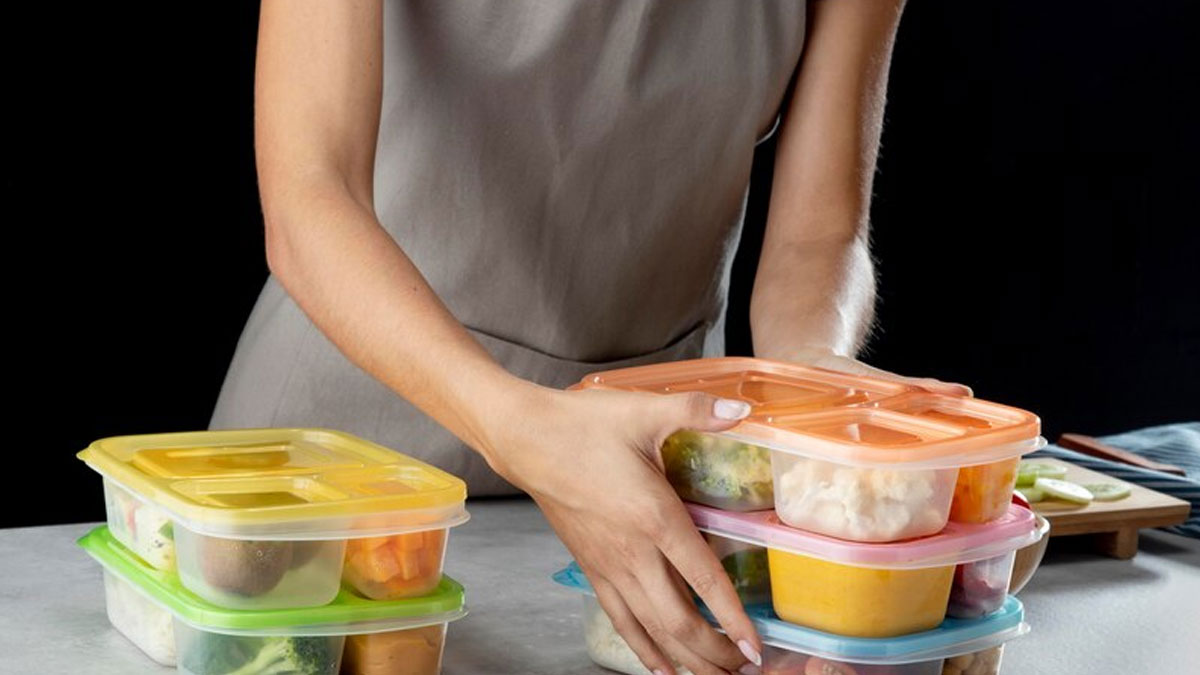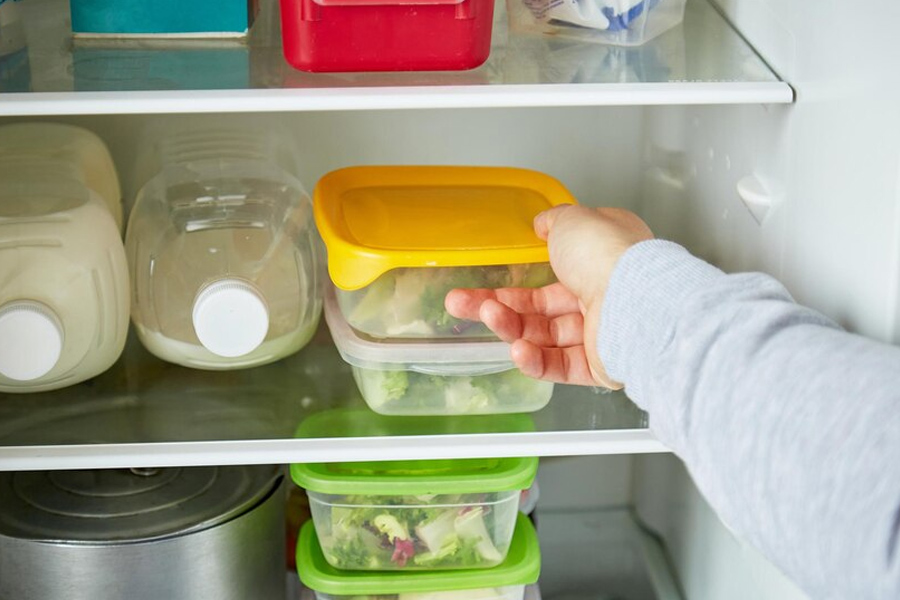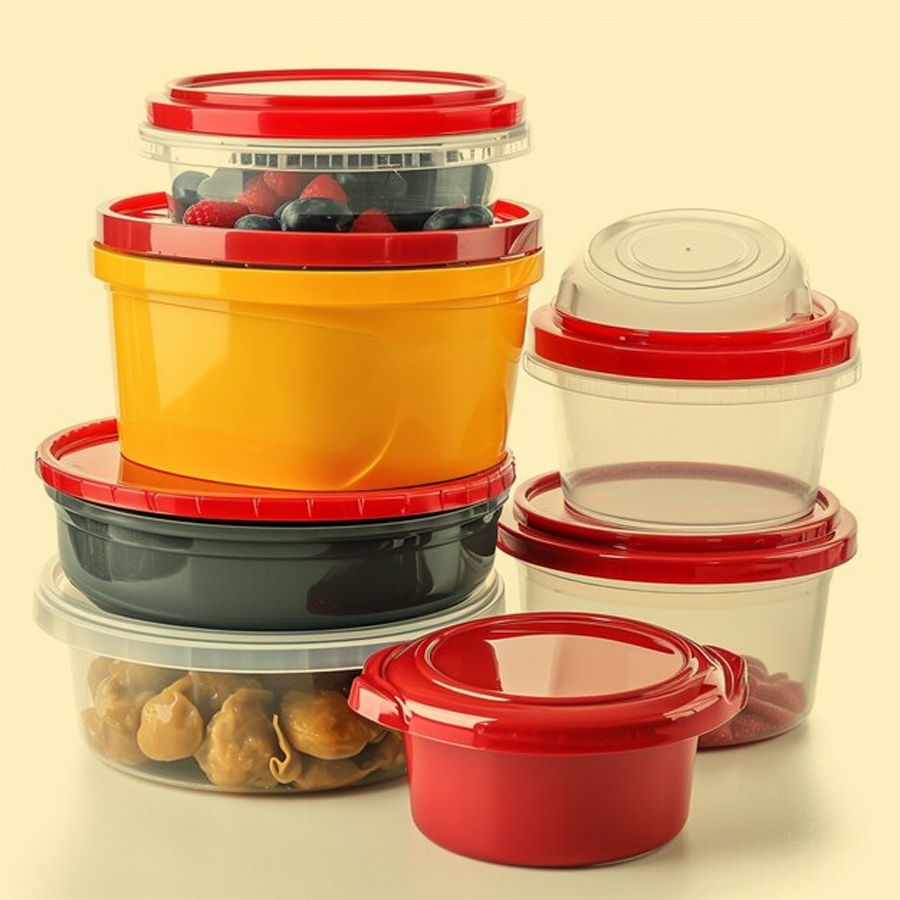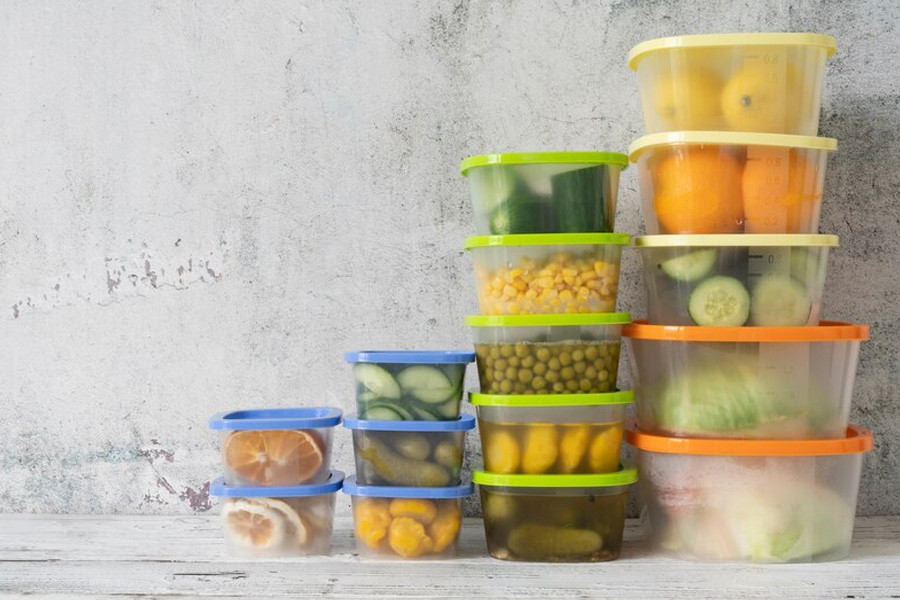
Plastic has become an indispensable part of our lives, permeating every aspect, including our kitchens. From storage containers to cooking utensils, its convenience has made it a go-to choice. However, beneath its convenience lies a hazardous reality that's affecting our health and the environment.
One of the biggest concerns with plastic in the kitchen is its potential to leach harmful chemicals into food. Most plastics contain chemicals like bisphenol A (BPA) and phthalates, which are known endocrine disruptors. These chemicals can interfere with the body's hormonal balance, leading to a range of health issues, including reproductive problems, obesity, and even cancer.

Even more concerning is that the process of heating plastic can accelerate the leaching of these chemicals. When plastic containers are used to microwave food or store hot liquids, the heat causes the plastic to break down, releasing harmful chemicals into the food or drink. This is particularly concerning for foods high in fat, as the chemicals can easily dissolve in fats and oils.
Furthermore, plastic waste from the kitchen contributes significantly to environmental pollution. Single-use plastics like plastic bags, wraps, and bottles are major contributors to marine pollution and pose a serious threat to marine life. These plastics break down into smaller particles over time, known as microplastics, which can enter the food chain and have detrimental effects on ecosystems and human health.
Also read: Invisible Pollutants: How Microplastics Are Stealthily Entering Our Food Chain

To combat these hazards, it's important to reduce the use of plastic in the kitchen. Here are some tips.
Choose safer alternatives: Opt for glass, stainless steel, or silicone containers for storing food. These materials are safer than plastic and can be reused multiple times.
Avoid heating plastic: When possible, avoid heating food in plastic containers or using plastic utensils for cooking. Instead, use microwave-safe glass or ceramic containers.
Reduce single-use plastics: Switch to reusable alternatives for items like plastic bags, wraps, and bottles. This not only reduces plastic waste but also saves money in the long run.
Also read: 5 Reasons Why We Should Switch To Plastic-free, Sustainable Toys for Kids

Be mindful of recycling: If you must use plastic, ensure it is recyclable and dispose of it properly. This helps reduce the environmental impact of plastic waste.
Support sustainable practices: Look for brands that use sustainable packaging and support initiatives that promote the reduction of plastic waste.
By taking these small steps, we can significantly reduce our exposure to harmful chemicals and contribute to a cleaner, safer environment for future generations. Let's make a conscious effort to minimize the use of plastic in our kitchens and make healthier choices for ourselves and the planet.
Also watch this video
Read Next
World Brain Tumour Day 2024: Why Recognising the Signs of a Brain Tumour Could Save Your Life
How we keep this article up to date:
We work with experts and keep a close eye on the latest in health and wellness. Whenever there is a new research or helpful information, we update our articles with accurate and useful advice.
Current Version